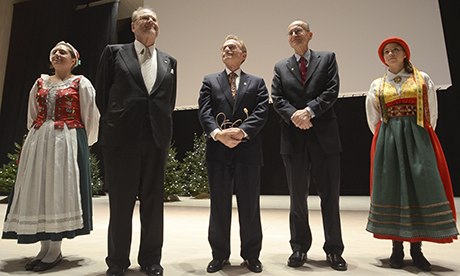
Forest Hills farm catches rain for irrigation
Long before they heard the word “permaculture,” Forest Hills residents Terry Jo and Dave Bichell had embraced the tenets of organic gardening to create sustainable spaces on their Old Hickory Boulevard farm. Permaculture gave them the tools to overcome drought and flooding.
“Permaculture is a way of growing that uses the land to soak up and store water,” Terry Jo explained. “You use the natural features of the land and plant trees in such a way to hold water, and use plants to help nourish each other without fertilizers.”
The farm is a remnant of a historic plantation, she said, and the land had been used for pasture by previous owners. She was committed to avoiding pesticides or fertilizers, so she set out to see what could be grown on pasture land without alteration. “We grew a crop of hay for a couple of years, because at that time that was about all we could grow without using irrigation and pesticides.”



